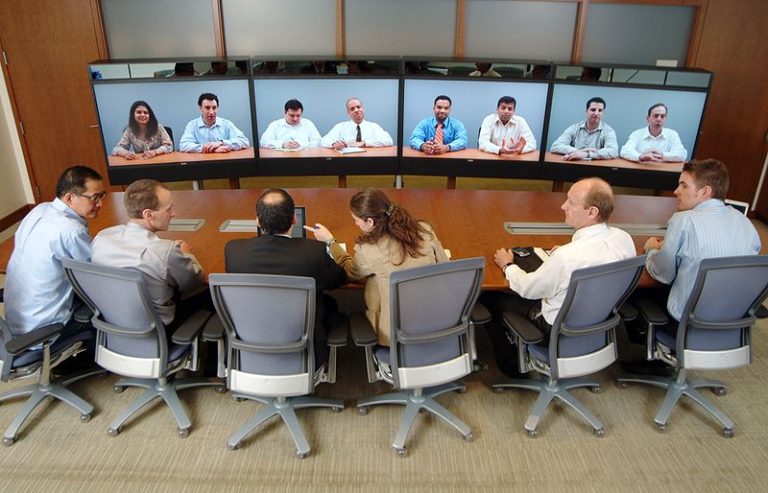Meland v. Padilla
HLLI filed an amicus brief in support of a shareholder challenging California's discriminatory quota requiring the election of a minimum number of women to the boards of directors of publicly-traded companies.

HLLI filed an amicus brief in support of a shareholder challenging California's discriminatory quota requiring the election of a minimum number of women to the boards of directors of publicly-traded companies.

HLLI attorney Anna St. John objected to a settlement with The Children’s Place because it would pay attorneys over $1 million in fees while leaving class members with only small $6 coupons that few class members will use.
CCAF's objector contended that only 25% of the cash fund should be awarded to the attorneys until the actual redemption rate of coupons is known. Prior to the fairness hearing, class counsel agreed to defer fees pending coupon redemption, thus resolving Faber's primary objection.
Frankel: Judge Thrash called on class counsel to file the draft opinion in the Equifax docket “as soon as reasonably possible.” Class action watchdog Ted Frank of the Hamilton Lincoln Law Institute contends that the draft opinion may show that the trial judge improperly adopted accusations by class counsel.
CCAF filed an amicus brief in support of objectors who received an inexplicably small fee award after their work benefit the class by over $100 million. On May 7, 2020 these objectors prevailed; the Third Circuit remanded with instructions for the district court to explain how it arrived at its low fee award.
Judge Thrash’s written opinion in January was much more extensive than his oral opinion at the end of the fairness hearing. It was also much more critical of objectors to the settlement, including Frank.
“We’re gratified that the court recognized the problems we identified and went beyond the special master’s proposal to return millions of dollars to class members," said Frank.
Much like the Google referrer case that CCAF argued before the Supreme Court, plaintiffs' attorneys have achieved a settlement worth a fraction of pennies-on-the-dollar, then argued that the modest recovery excuses them from actually having to benefit class members. Class member David Lowery objects.
The most promising of those arguments seems to me to be CCAF’s assertion that Equifax and class counsel failed to acknowledge and address potential conflicts among class members. The brief uses Frank and Watkins, the named objectors, to illustrate that point. In Watkins’ home state of Utah, he might be entitled to statutory damages of as much as $2,000 in claims arising from the Equifax breach. Frank, who lived in Washington, could have claimed statutory damages of $1,500. But New Yorkers in the Equifax class would be permitted only $50 for claims under New York general business law.
The fee request is the highest of any data breach settlement, with fee awards approved in similar cases against Anthem and Yahoo totaling $31 million and $30 million, respectively. In those data breach cases, U.S. District Judge Lucy Koh of the Northern District of California questioned the amount of billing and the number of law firms involved. Those same problems exist in the Equifax settlement, Frank said.